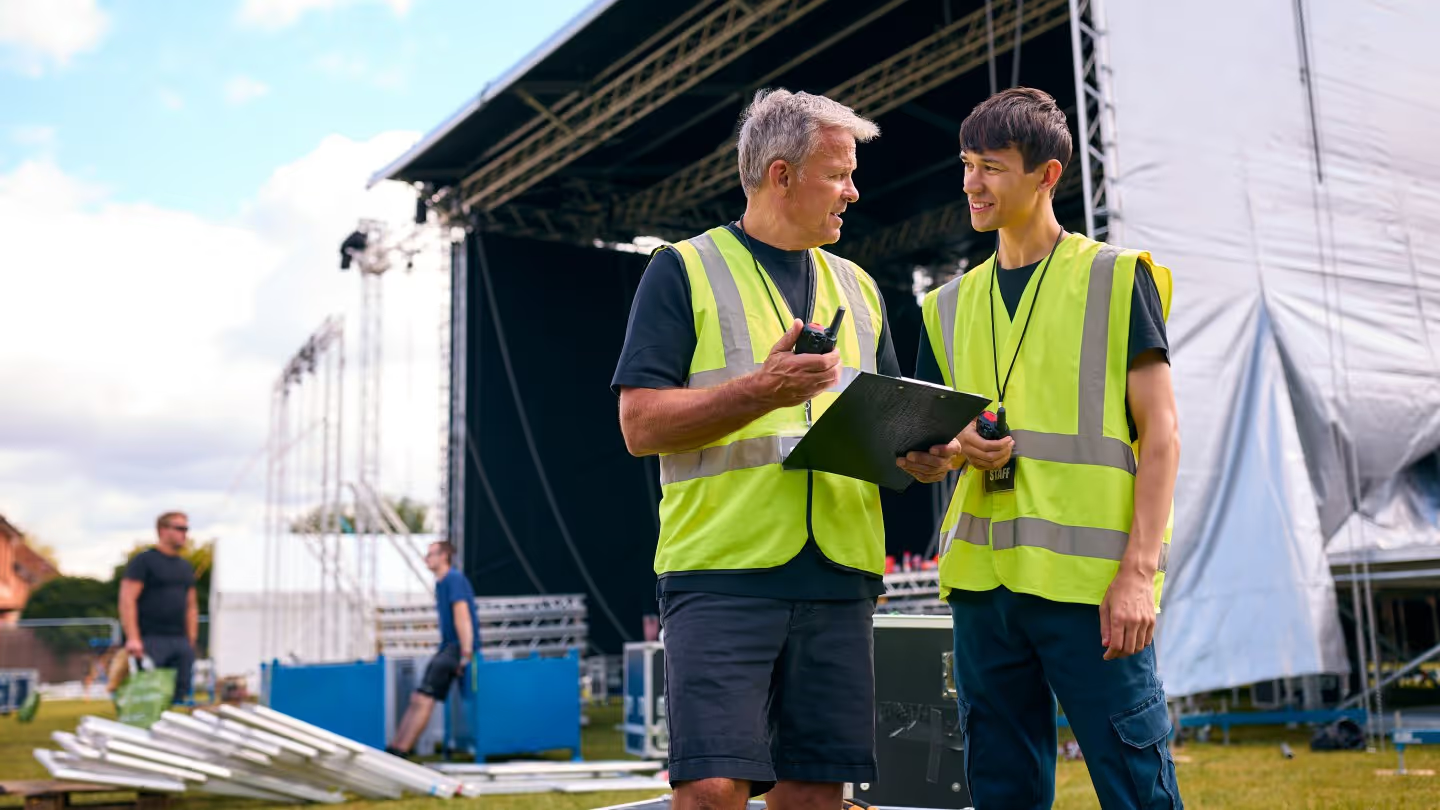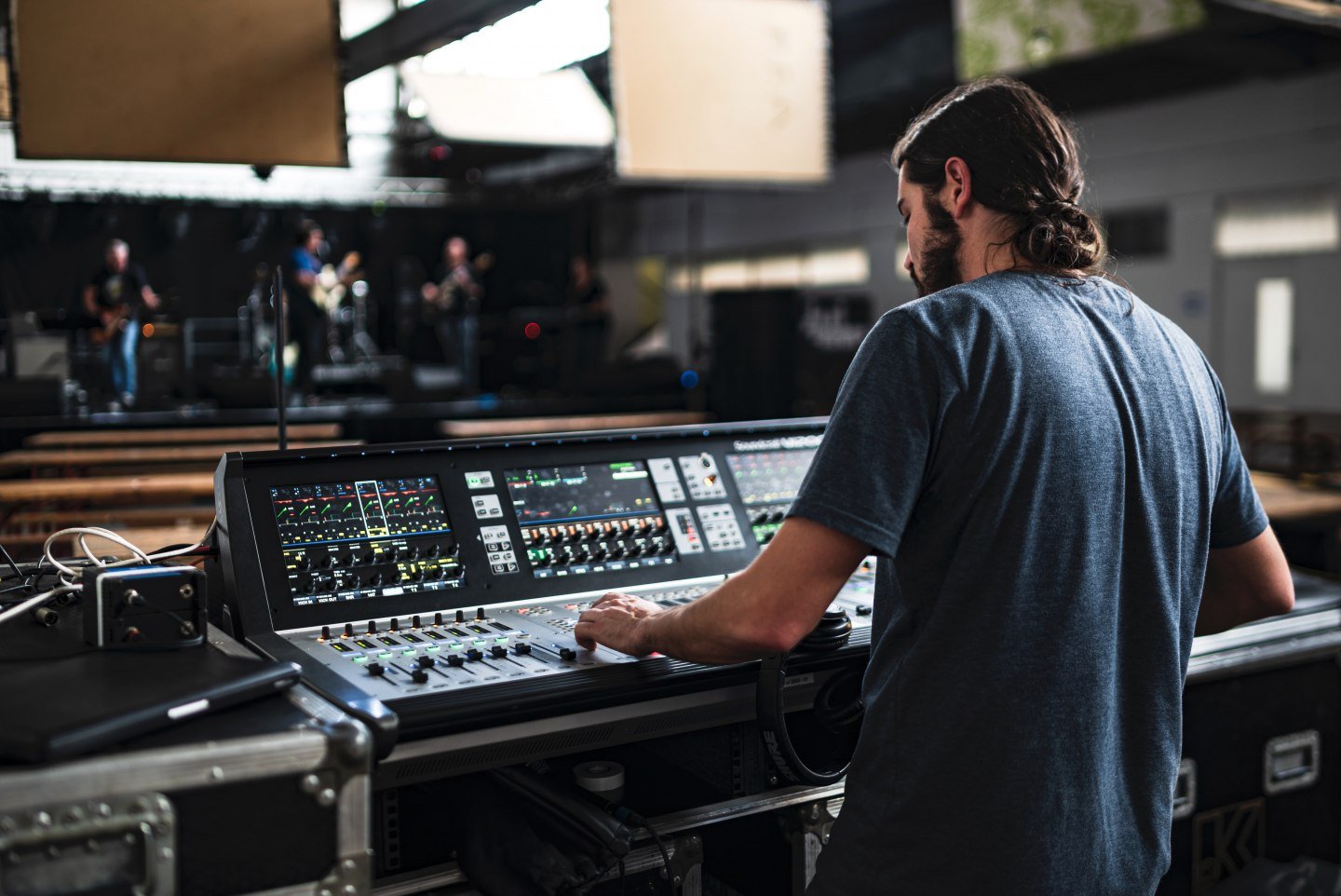Mastering Team Coordination in the Event Industry

In the dynamic and fast-paced world of the event industry, effective team coordination is the cornerstone of success. Whether you are organizing a small corporate meeting or a large-scale festival, seamless coordination among team members is crucial to ensure every detail is executed flawlessly. This article explores strategies to master team coordination, focusing on techniques relevant to the events and media production industries.
1. The Importance of Team Coordination in Event Management
2. Utilizing Project Management Tools
3. Enhancing Team Morale and Engagement
4. Leveraging Technology for Better Coordination
5. Final Thoughts on Mastering Team Coordination
The Importance of Team Coordination in Event Management
Effective team coordination is essential in the event industry due to the multifaceted nature of event planning and execution. This process involves numerous stakeholders, including event planners, vendors, sponsors, and attendees. Ensuring that everyone is on the same page and working towards common goals is vital for successful coordination and ultimately, a successful event.
Internal Communication: The Backbone of Coordination
Internal communication is fundamental to team coordination. Clear and open communication channels help prevent misunderstandings, missed deadlines, and last-minute crises. Using clear documentation—such as schedules and crew call sheets—ensures everyone knows where to be, when to be there, and what’s expected of them. On top of that, regular meetings and updates are essential to keep everyone informed and aligned with the event's objectives.
Effective communication involves more than just exchanging information; it's about ensuring that the message is understood as intended. Utilizing various communication tools and channels, such as email, instant messaging, and project management software, can facilitate this process. Tools like Slack, Trello, and Asana can streamline communication, making it easier to share updates and track progress.
Building a Strong Team Mental Model
A strong team mental model is crucial for effective teamwork. This involves ensuring that all team members have a shared understanding of the event's goals, processes, and their roles. This collective understanding helps teams to work seamlessly, anticipate each other's needs, and adapt quickly to changes.
Team building activities can enhance the team's mental model by fostering trust, improving communication, and building camaraderie. These activities can range from icebreakers and team retreats to more structured workshops focusing on specific skills like problem-solving and conflict resolution.
Explicit and Implicit Coordination
In the event industry, both explicit and implicit coordination play significant roles.
- Explicit coordination involves direct communication and defined processes. This includes scheduled meetings, written plans, and task lists. Clear documentation, such as standard operating procedures (SOPs), helps in maintaining consistency and ensures that everyone is aware of their responsibilities and deadlines.
- Implicit coordination relies on the shared mental model and involves understanding team members' needs and anticipating actions without direct communication. This type of coordination is developed over time through experience and understanding of team dynamics.
Utilizing Project Management Tools
Project management tools are indispensable for managing complex events. They help in planning, organizing, and tracking the progress of various tasks. These tools provide a centralized platform where team members can access relevant information, update their task status, and communicate effectively.
Popular project management tools include:
- Asana: Ideal for task management and project tracking.
- Trello: Known for its visual approach to project management with boards and cards.
- Microsoft Project: Suitable for detailed project planning and resource management.
Using these tools can greatly improve team coordination by providing transparency, facilitating communication, and ensuring that everyone is aligned with the event's timeline and objectives.
The Role of Team Leaders
Team leaders play a pivotal role in fostering successful team coordination. They are responsible for guiding the team, making critical decisions, and resolving conflicts. Effective team leaders delegate tasks wisely, ensuring that each team member's strengths are utilized to their fullest potential.
Well-defined roles within the team are essential for effective coordination. Each team member should understand their specific responsibilities and how they contribute to the overall event. This clarity helps prevent overlaps and gaps in the workflow, leading to smoother execution.
Enhancing Team Morale and Engagement
A motivated and engaged team is more likely to collaborate effectively and deliver high-quality results. Employee engagement can be boosted through various strategies, such as recognizing individual contributions, providing opportunities for professional growth, and maintaining a positive work environment.
Team morale can also be improved through regular feedback and open dialogue. Encouraging team members to share their ideas and concerns creates a culture of trust and collaboration. Recognizing and celebrating successes, no matter how small, can also contribute to a motivated team.
Effective Planning and Adaptability
Effective planning is the bedrock of successful event management. This involves creating a detailed plan that outlines every aspect of the event, from logistics and scheduling to marketing and contingency planning. A well-thought-out plan helps in identifying potential risks and developing strategies to mitigate them.
However, even with the most meticulous planning, unforeseen challenges can arise. Therefore, it's crucial to maintain a degree of flexibility and adaptability. Teams should be prepared to adjust their plans and strategies as needed to accommodate changing circumstances.
Leveraging Technology for Better Coordination
Technology can greatly enhance team coordination by providing tools that facilitate communication, collaboration, and project management. In addition to project management tools, other technological solutions such as event management software, virtual meeting platforms, and collaborative tools can streamline the coordination process.
For instance, virtual meeting platforms like Zoom or Microsoft Teams enable remote coordination, making it easier to manage teams that are geographically dispersed. Event management software can automate many aspects of event planning, such as registration, scheduling, and attendee management, freeing up time for the team to focus on other critical tasks.
Addressing Coordination Challenges in Remote Work
With the rise of remote work, especially in the wake of the COVID-19 pandemic, team coordination has faced new challenges. Coordinating teams across different locations and time zones requires innovative strategies to maintain effective communication and collaboration.
Remote work demands a robust digital infrastructure and a culture that supports virtual collaboration. Regular virtual meetings, clear communication guidelines, and the use of collaborative tools are essential to keep remote teams aligned and engaged.
The Impact of Coordination on Company Efficiency
Successful team coordination directly impacts a company's efficiency and effectiveness. When teams work well together, they can deliver higher-quality events on time and within budget. This not only enhances client satisfaction but also improves the company's reputation and competitive edge in the industry.
Standard operating procedures (SOPs) play a crucial role in maintaining consistency and quality across different projects. SOPs provide a framework for executing tasks and processes, ensuring that everyone follows the same standards and practices.
Measuring and Improving Team Coordination
To continually improve team coordination, it's important to measure its effectiveness regularly. Key performance indicators (KPIs) such as missed deadlines, quality of deliverables, and team satisfaction can provide insights into the team's coordination levels.
Conducting regular reviews and feedback sessions can help identify areas for improvement. Implementing changes based on feedback and monitoring the impact of these changes can lead to continuous improvement in team coordination.
Final Thoughts on Mastering Team Coordination
Mastering team coordination in the event industry requires a combination of clear communication, effective planning, the right tools, and strong leadership. By focusing on these areas, teams can work seamlessly together, overcome challenges, and deliver outstanding events.
Investing in team-building activities, leveraging technology, and fostering a positive work environment are all crucial strategies for improving team coordination. As the event industry continues to evolve, the ability to coordinate effectively will remain a key driver of success.
In conclusion, whether you're dealing with different departments, managing internal communications, or working with several departments, the principles of effective team coordination remain the same. By focusing on internal coordination, communicating openly, and maintaining a shared sense of purpose, teams can achieve great results and ensure the success of their events
Frequently asked questions
Previous blog posts



